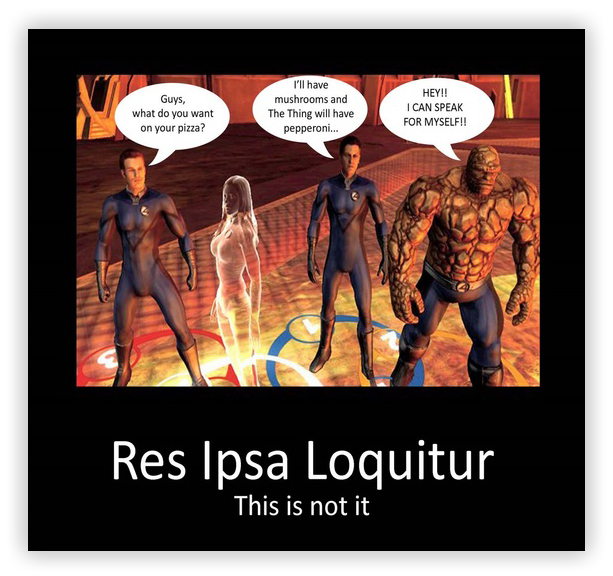We post news and comment on federal criminal justice issues, focused primarily on trial and post-conviction matters, legislative initiatives, and sentencing issues.

COURTS START FLESHING OUT REHAIF
 Two courts last week did their best to limit the damage caused to the government By (and the benefit accruing to defendants from) the Supreme Court’s June 21 decision in Rehaif v. United States. Rehaif held that in an 18 USC § 922(g) prosecution, the defendant had to know he or she was a member of a class prohibited from possessing a gun – such as an alien in the US unlawfully or, more commonly, someone convicted of a felony), and know that he or she was in possession of a firearm.
Two courts last week did their best to limit the damage caused to the government By (and the benefit accruing to defendants from) the Supreme Court’s June 21 decision in Rehaif v. United States. Rehaif held that in an 18 USC § 922(g) prosecution, the defendant had to know he or she was a member of a class prohibited from possessing a gun – such as an alien in the US unlawfully or, more commonly, someone convicted of a felony), and know that he or she was in possession of a firearm.
In both cases, the defendants raised Rehaif as a supplement to an already-briefed appeal, because Rehaif was decided after briefs in the cases had bee filed. And both courts of appeal ruled that whether Rehaif applied was subject to “plain error” analysis, because the issues had not been raised in the district courts.
Under Federal Rule of Criminal Procedure 52(b), an issue not raised below can be brought up on appeal only if (1) there was an error, (2) that was obvious, (3) affected the defendant’s substantial rights, and (4) “seriously affected the fairness, integrity, or public reputation of judicial proceedings.”
In the 8th Circuit case, before trial, the defendant called his girlfriend from jail, and they agreed she would claim ownership of the gun. The Circuit said that the call, as well as the fact he had previously served a 78-month federal drug sentence, showed he knew that he had been convicted of a crime punishable by a sentence of more than one year.
 While the trial court erred in not instructing the jury that the defendant had to know he was a felon, the 8th said, the defendant could not show a “reasonable probability that, but for the error, the outcome of the proceeding would have been different.” For that reason, the Court said, “any error in not instructing the jury to make such a finding did not affect the defendant’s substantial rights or the fairness, integrity, or public reputation of the trial.”
While the trial court erred in not instructing the jury that the defendant had to know he was a felon, the 8th said, the defendant could not show a “reasonable probability that, but for the error, the outcome of the proceeding would have been different.” For that reason, the Court said, “any error in not instructing the jury to make such a finding did not affect the defendant’s substantial rights or the fairness, integrity, or public reputation of the trial.”
In a second decision issued last week, the 1st Circuit ruled that under the “plain error” standard, a defendant who had pled guilty to a felon-in-possession charge could not “show a reasonable probability that, but for the purported error, he would not have pled guilty.” The defendant conceded he had previously pled guilty to a state crime punishable by more than a year in prison, and he did not dispute that state law required a judge to make sure that a defendant knows the maximum possible sentence when entering a guilty plea. Under the circumstances, the 1st said, the defendant could not show that he would have gone to trial if he had been properly instructed.
Both cases are a little puzzling. Knowing you were convicted of a crime carrying more than a year in prison is only the start of the Rehaif analysis. The defendant must know he or she is in a prohibited class. In the definitions that govern § 922(g), set out in 18 USC § 921(a)(20), there are several significant exceptions to what may otherwise seem a straightforward question crime punishable by a sentence of over a year. For example, if the sentence of more than a year pertained “to antitrust violations, unfair trade practices, restraints of trade, or other similar offenses relating to the regulation of business practices,” it is not considered to be an offense disqualifying a defendant from gun possession. If the defendant has had his or her civil rights restored by the state, he or she is not disqualified. These definitions are not affirmative defenses, but rather integral to the meaning of the “crime punishable by imprisonment for a term exceeding one year” language of § 922(g)(1).
 The Rehaif analysis seems to me to be a little more complex than what the 1st and 8th applied in these early decisions, a rather binary approach in which you either were or were not convicted of a crime punishable by imprisonment for a term exceeding one year. I suspect that as the lower-court jurisprudence fleshes out the meaning of Rehaif, the complexities will be developed.
The Rehaif analysis seems to me to be a little more complex than what the 1st and 8th applied in these early decisions, a rather binary approach in which you either were or were not convicted of a crime punishable by imprisonment for a term exceeding one year. I suspect that as the lower-court jurisprudence fleshes out the meaning of Rehaif, the complexities will be developed.
A final note: A number of petitions for writ of certiorari pending several months, the Solicitor General has been advising the Supreme Court that due to Rehaif’s holding that “the mens rea of knowledge for that crime applies both to the defendant’s conduct and to defendant’s status,” the Court should grant pending petitions for a writ of certiorari, vacate the decisions below, and remand the cases for further consideration in light of Rehaif.
United States v. Hollingshed, 2019 U.S. App. LEXIS 29707 (8th Cir. Oct. 3, 2019)
United States v. Burghardt, 2019 U.S. App. LEXIS 29731 (1st Cir. Oct. 3, 2019)
Memorandum for Government, Stacy v. United States, Case No. 19-5383 (filed Aug. 30, 2019)
– Thomas L. Root








